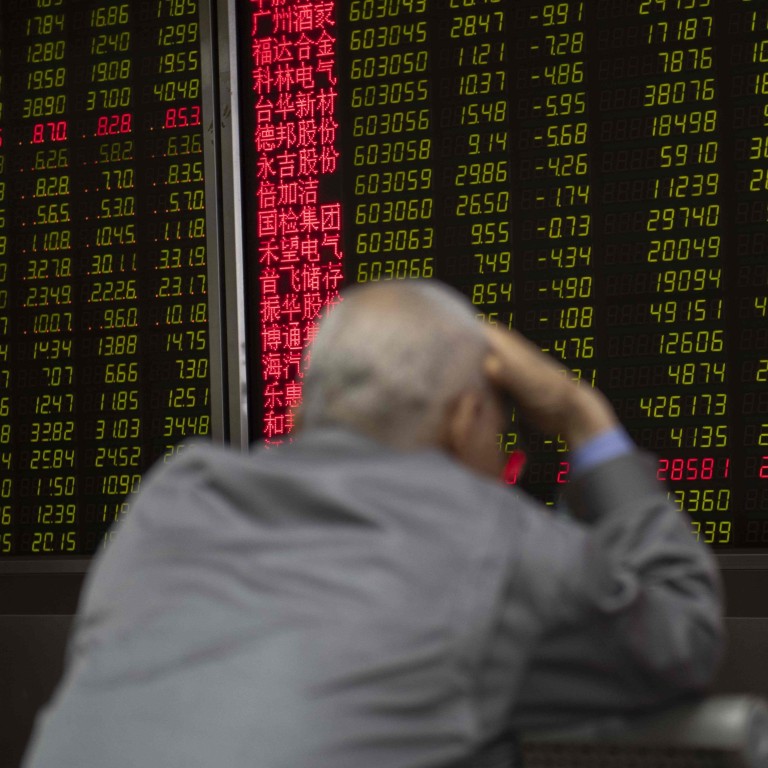
Hong Kong’s special status with the US is safe for now, but not for the reasons you think
- With trade tensions rising again and concerns over the detention of foreign nationals on the mainland, some fear Washington may scrap a law treating the city separately from China. But these anxieties are overblown, for now
As the US-China economic cold war heats up and Beijing clenches its grip on Hong Kong ever tighter, fears are growing that the White House may strip the city of its special status under US law.
The prospect has caused a great deal of anguished hand-wringing among the city’s business community, which fears for its profits.
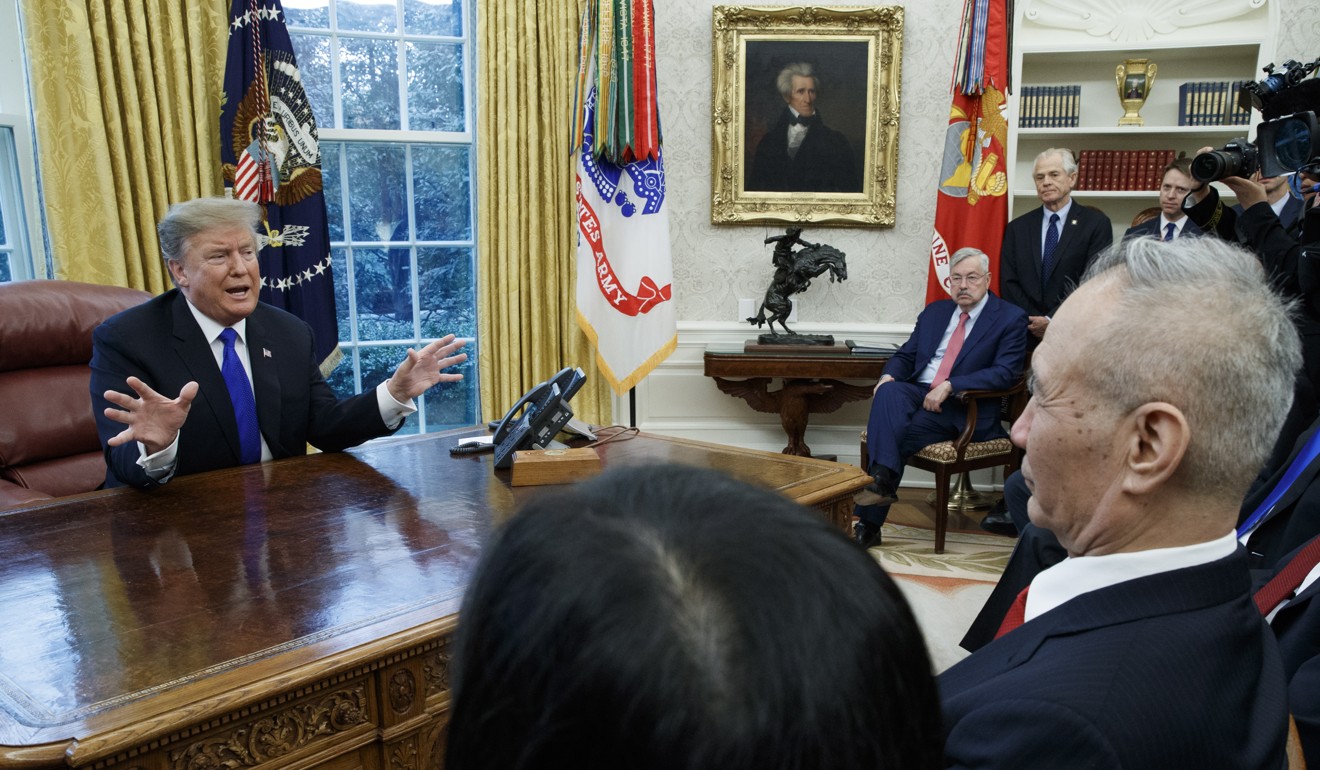
Hong Kong a ticking financial time bomb? A thrilling story, but don’t buy what Kyle Bass is selling
The report warned that by allowing extradition to the mainland – where the judicial system unashamedly serves the interests of the ruling Communist Party – the Hong Kong government’s bill “could create serious risks for US national security and economic interests in the territory”.
At a time of rising tensions, when Beijing has shown itself ready to detain foreign nationals in China as hostages for Chinese citizens arrested aboard, members of Congress and their staff are worried.
It is all too easy to imagine US executives going about their legitimate business in Hong Kong being whisked north of the border, strapped into a tiger chair and told that if they want to see their children again, they had better agree to read out this statement on camera, confessing to multiple heinous crimes against the People’s Republic.
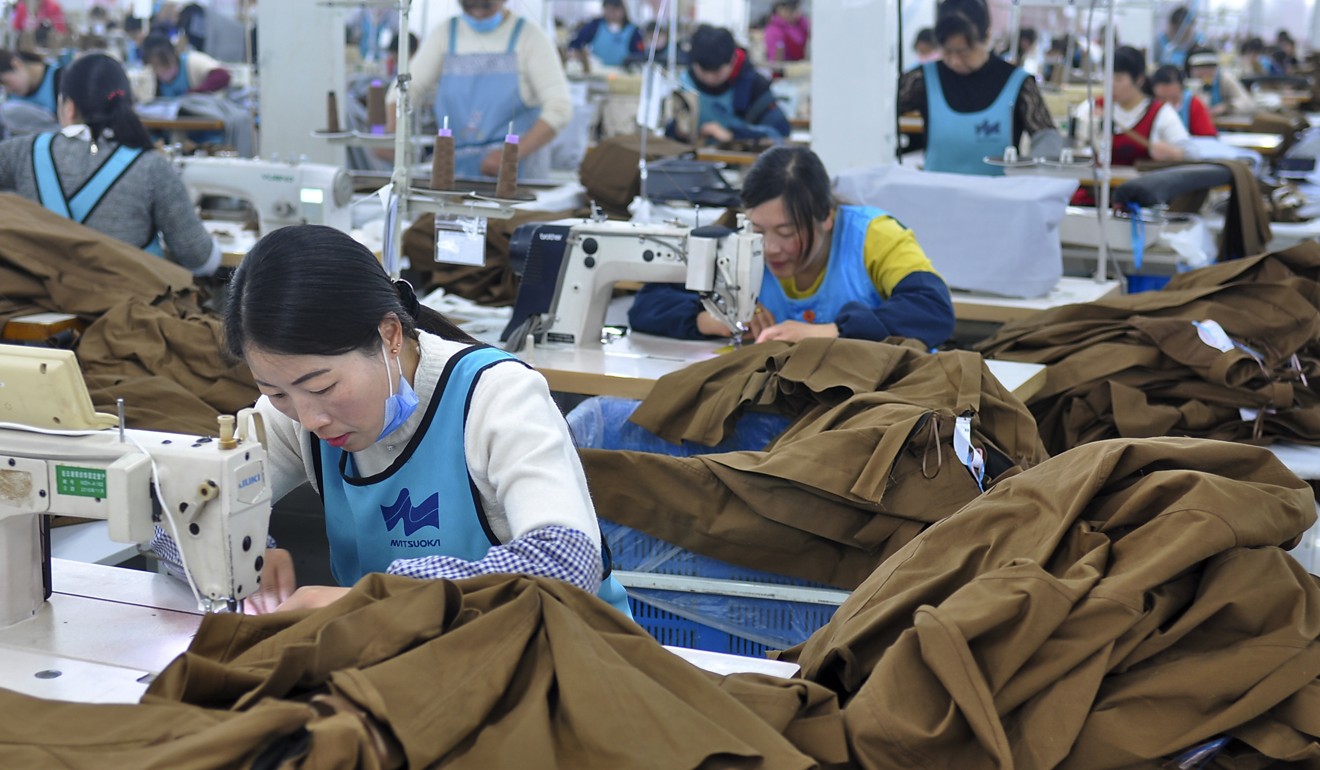
As a result, the commission concluded that “if passed, the bill could potentially violate several key provisions of the US-Hong Kong Policy Act”.
The weaponisation of the US dollar is the end of its economic ascendancy in Asia – with China’s yuan ready to fill the void
So is the clause that states if the US president judges that “Hong Kong is not sufficiently autonomous to justify treatment under a US law different from that accorded China”, then the White House can duly suspend Hong Kong’s special treatment.
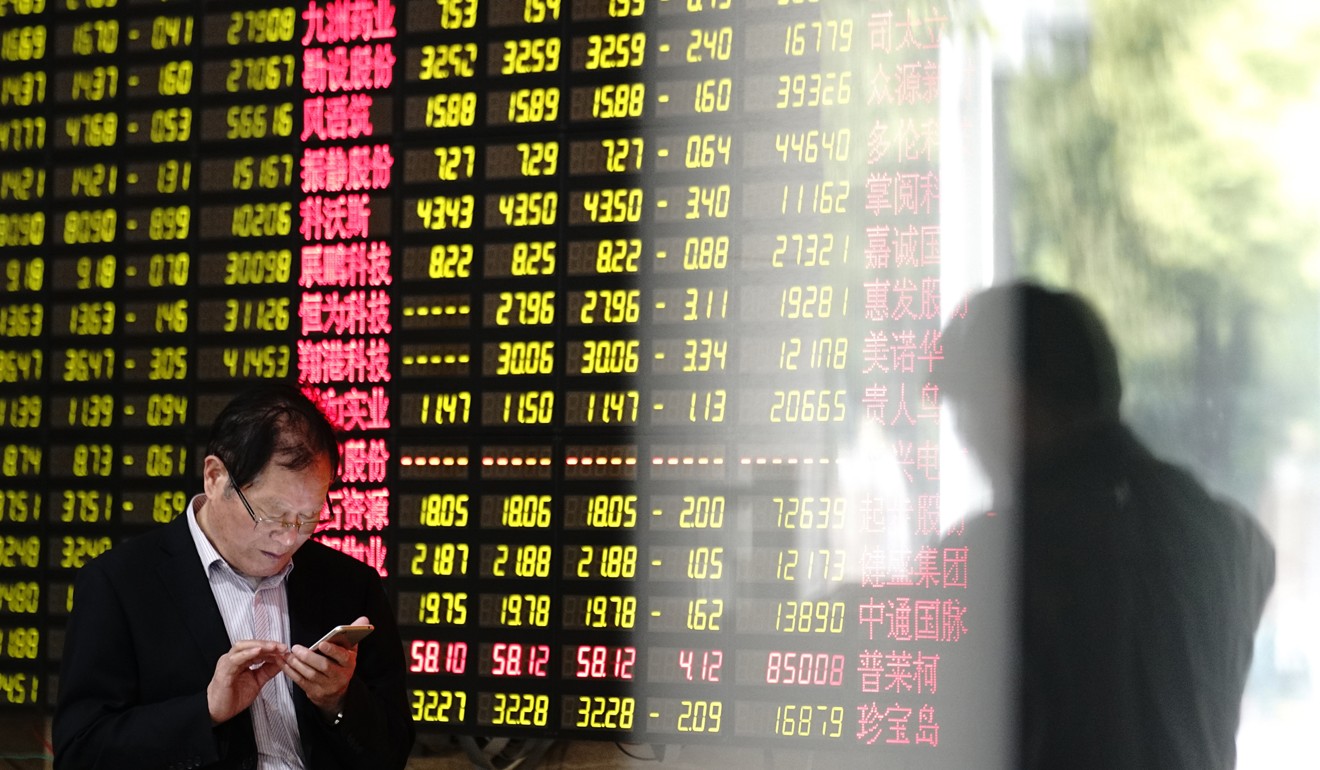
In short, if the Hong Kong government passes its extradition bill, potentially subjecting Americans in Hong Kong to arbitrary imprisonment by the Chinese authorities, then the White House could decide that Hong Kong is no longer a separate jurisdiction from the mainland, and hit Hong Kong’s trade with the full weight of its punitive tariffs.
Several commentators have argued that the Americans will not be so dumb. Typically, they cite the US State Department’s March report on the US-Hong Kong Policy Act, which claimed that last year the US shipped US$37 billion of stuff to Hong Kong, while the city sold just US$6 billion of goods to the US.
As a result, the US ran a bilateral merchandise trade surplus with Hong Kong of US$31 billion – the largest US surplus with any economy in the world.
By their reasoning, Washington will not impose tariffs on shipments from Hong Kong to the US, because the US would have so much more to lose from the imposition of countervailing tariffs on its own goods.
Beijing’s ‘Made in China 2025’ plan isn’t dead, it’s out of control
There’s a problem with this reasoning, however. The State Department figures are misleading. The US did not run a trade surplus of US$31 billion with Hong Kong last year. It ran a deficit of US$16 billion.
The discrepancy appears to arise because while the State Department’s data included all US goods exported to Hong Kong, even those immediately re-exported to China, it only appeared to factor in the local value-added component of Hong Kong’s shipments to the US – the mark-up of 15-20 per cent miraculously added to mainland exports when they pass through Hong Kong’s port and airport.
So, the US would not have more to lose by subjecting its goods trade with Hong Kong to its tariffs on China. The losers would be Hong Kong re-exporters, which would find themselves subject to US tariffs on their mark-up.
This explains much of the concern of the Hong Kong business community. But it does not follow that US authorities will be any more eager to revoke the US-Hong Kong Policy Act.
Hong Kong’s strength is no longer as a goods exporter, nor even as a transshipment hub. These days it is a service centre, exporting more than US$33 billion net in services a year. And many of those services are sold to China by the local offices of US companies, which operate from Hong Kong because they prize the city for its stable and open business environment, sophisticated financial system, and reliable and independent legal system.
Global recession prophets have misread the US and Chinese economies
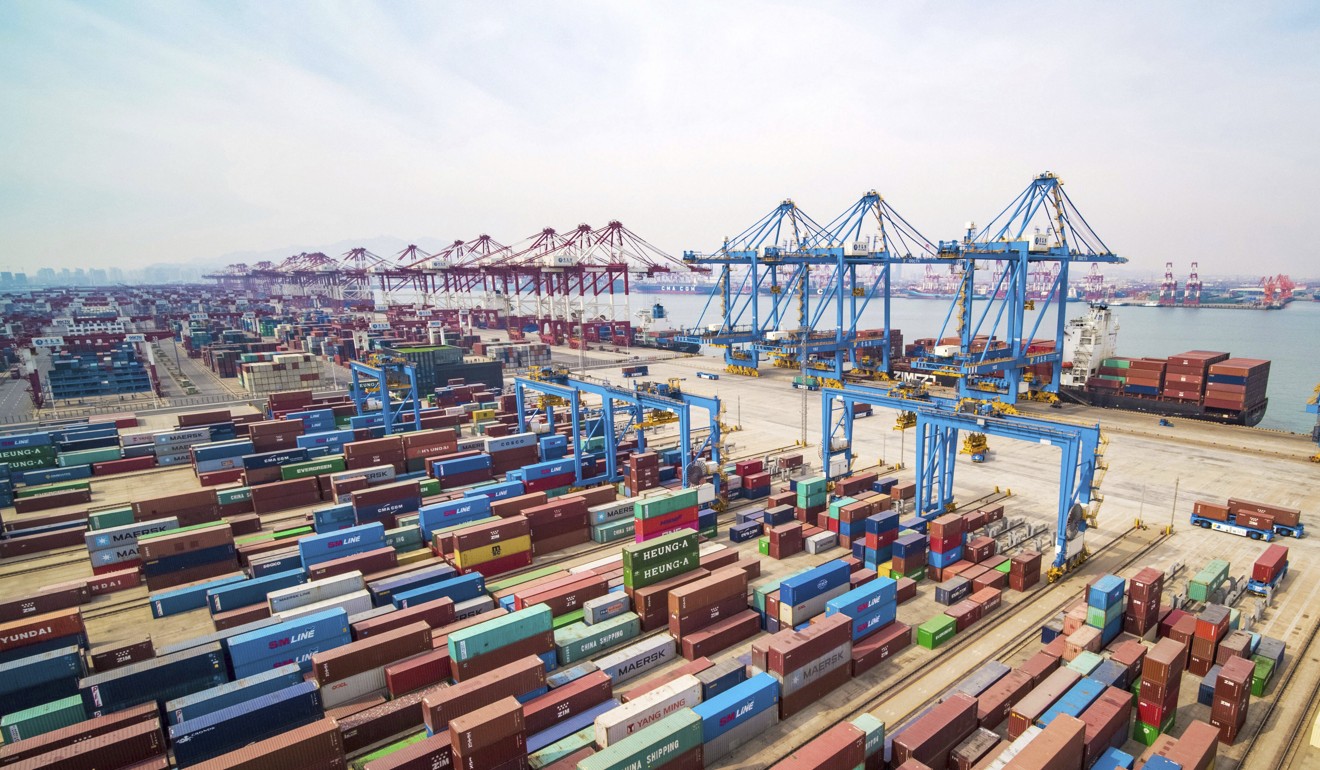
Yes, some of their faith in Hong Kong will be eroded should the Hong Kong government pass its extradition law – just as faith in Hong Kong has been progressively eroded by government actions over the last 15 to 20 years.
But for US service companies doing business in the region, Hong Kong still retains many advantages, especially compared with mainland China.
It would make no sense at all for the US government to accelerate the deterioration of faith in Hong Kong and to undermine these advantages by scrapping the US-Hong Kong Policy Act. Hong Kong’s special status is safe, at least for now. ■
Tom Holland is a former SCMP staffer who has been writing about Asian affairs for more than 25 years

